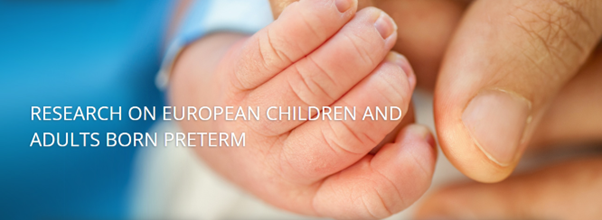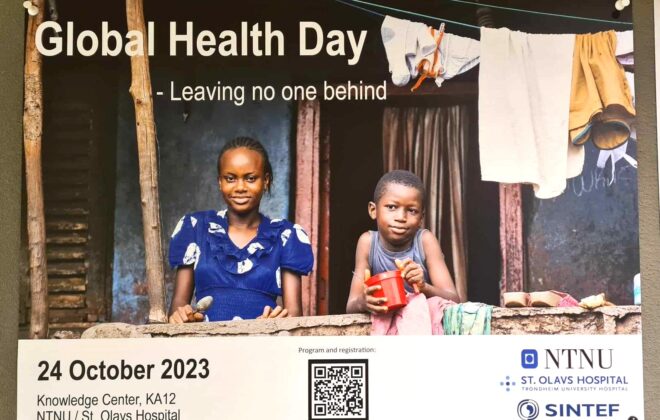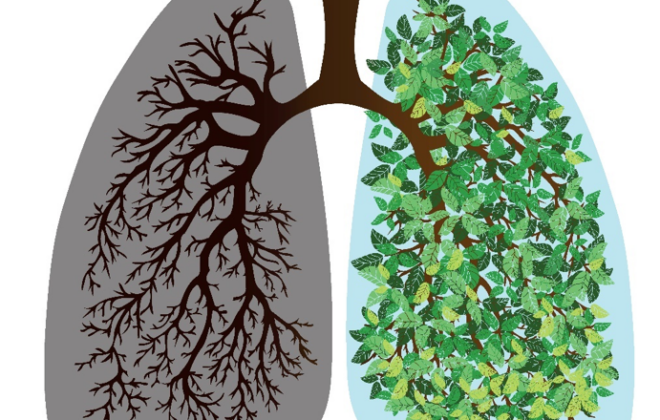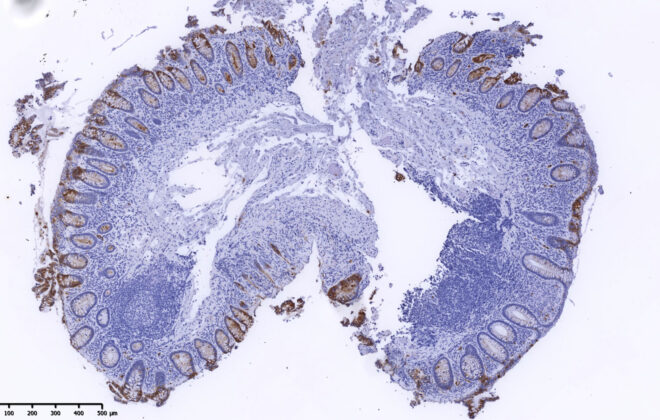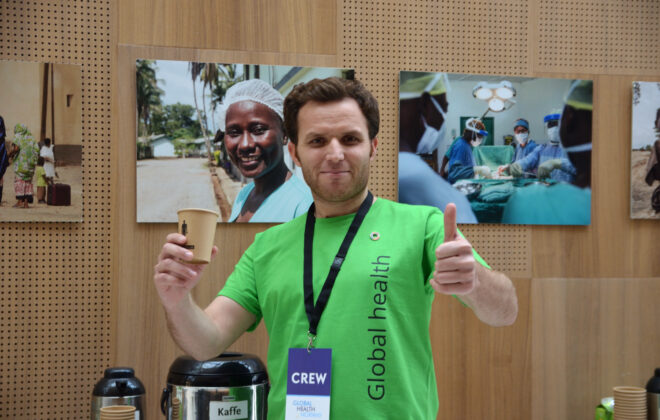Voksne født for tidlig med svært lav fødselsvekt har dårligere motorikk enn voksne født til termin
Denne artikkelen er laget med hjelp av kunstig intelligens og kvalitetssikret av forfatterne. Studie viser at motoriske vansker vedvarer til midten av voksenlivet for personer født for tidlig med svært lav fødselsvekt. Nylig publiserte forskningsfunn viser at personer født for tidlig med svært lav…
Voksne født svært for tidlig eller med svært lav fødselsvekt er mindre fysisk aktive enn sine jevnaldrende
En omfattende metaanalyse med individuelle deltakerdata fra fem ulike kohortstudier viser at voksne født svært for tidlig eller med svært lav fødselsvekt er mindre fysisk aktive enn sine jevnaldrende. Internasjonalt samarbeid Forskningsgruppa NTNU Low Birth Weight Life har de siste årene vært del av et…
Forskningsfunn: Voksne født for tidlig med lav fødselsvekt har lavere muskelmasse
Studiefunn Ifølge forskningen er voksne født for tidlig og med lav fødselsvekt lavere og har mindre fettfri masse sammenlignet med de som ble født til termin. Overraskende nok fant forskerne ingen forskjell i prosentandel kroppsfett mellom gruppene. Resultater fra gjentatte målinger Deltakerne i studien ble først undersøkt…
Leaving no one behind: Global Health Day 2023
By master’s students in Global Health, Virginia Costanza Calvi and Juliet Rozarian Fahisha Van T. Spijker We generally refer to Global Health as a discipline that tries to achieve better health outcomes for vulnerable populations and communities around the world, but a world with universal…
Revmatikere burde da ikke trene, eller?
Det er ikke så lenge siden man tenkte at det å trene var direkte farlig for personer med leddgikt (revmatoid artritt). Man var redd for at det kunne skade leddene og forverre grunnsykdommen. Heldigvis vet vi bedre i dag!
I got a Marie Curie Global Fellowship. How did that happen – and why do I have mixed feelings?
I got a Marie Curie Global Fellowship. How did that happen – and why do I have mixed feelings?
A World in Change – Global Health Day 2022
There has been so much fear on what doom awaits the planet if actions to slow down the events of climate change remain unattended to. The issue of climate change has been unfolding and of great concern to everyone including researchers, governmental and non-governmental organizations,…
Could artificial intelligence improve our treatment of COPD (kols)?
Chronic obstructive pulmonary disease (COPD) is one of the leading causes of death, both in Norway and globally. It is caused by inflammation and scarring of the airways, leading to chronic cough, difficulty breathing, and in many cases destruction of the surrounding lung tissue. Imagine…
Promising marker for detecting disease activity in microscopic colitis
Microscopic colitis (MC) is characterized by chronic and watery diarrhea without blood and can be very socially disabling. Many patients are incorrectly diagnosed with «irritable bowel syndrome» (IBS) and, thus, are not offered the right treatment for MC that for the vast majority is very effective.
Global health discussions for a more equitable world
Almost two years into a global pandemic and a mere nine years away from the target achievement date for the Sustainable Development Goals, Women in Global Health Norway and Global Health Norway convened at St. Olav’s University Hospital for their annual conferences.


